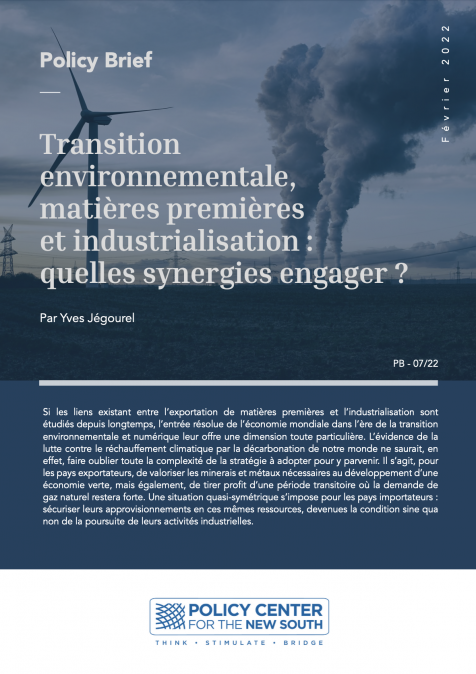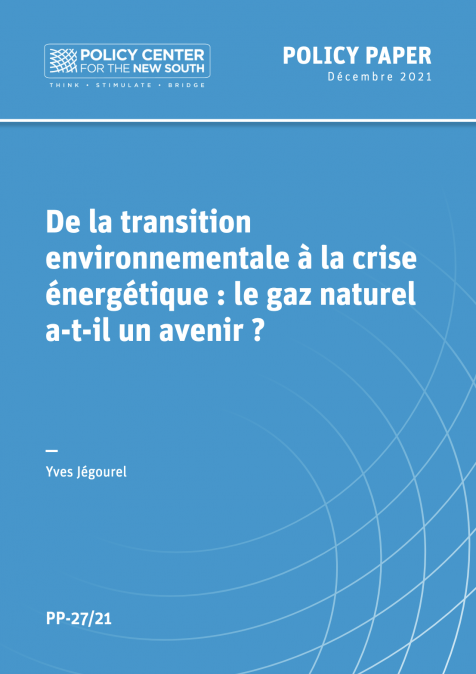Podcasts
Innovation au Cœur de l'Engagement Climatique, Quels Effets sur les Modes de Consommation Énergétique ?
Related topics:
Ce podcast est délivré par Aurélie Faure Schuyer. Cette intervention s’articulera autour de la question de l’innovation et de son impact sur les profils et modes de consommation énergétique, ainsi que sur le rôle du stockage d’énergie dans la transition énergétique et les politiques de dé-carbonisation. Il conviendra de présenter la dynamique, qui sous-tend l’innovation. L’innovation se caractérise par une deux éléments: un soutien ou relance des investissements au niveau économique, en même temps qu’une dynamique de réformes politique et sociétale (on pourra faire référence aux limites de l’indicateur de PIB et au fait que le bien-être d’un pays/d’une société peut s’appréhender, notamment à travers la préservation de l’environnement).
Le briefing permettra de s’intéresser aux acteurs de l’innovation, notamment, quel rôle pour le consommateur final (auto-producteur ?).
Il évoquera le sens donné à l’innovation au sein de l’Accord Climat de Paris, un sens principalement "technologique". Dans cette perspective, il présentera le rôle du stockage comme véhicule d’innovation et de transformation des systèmes énergétiques.









